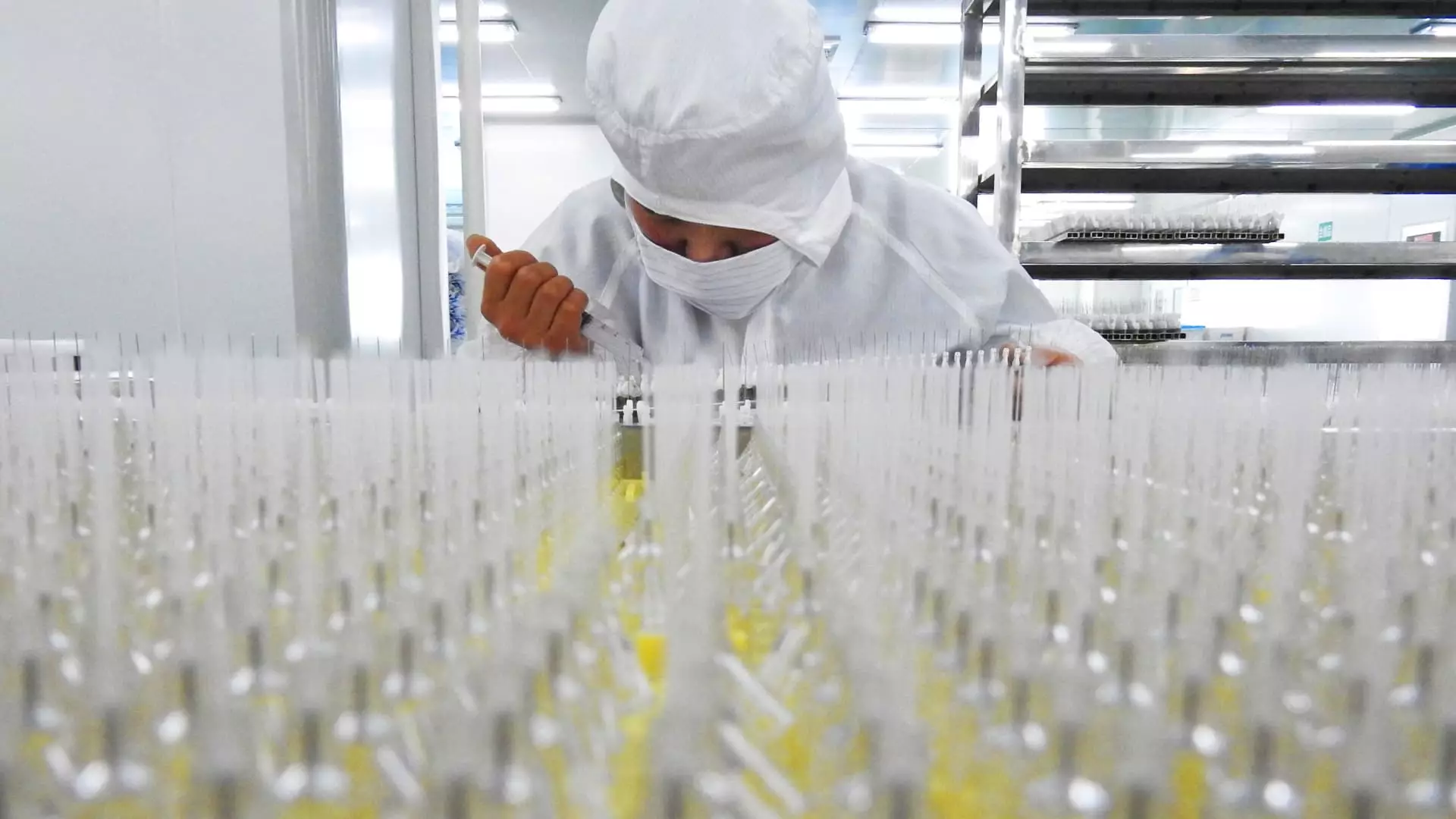China’s recent decision to restrict purchases of medical devices from the European Union exposes more than mere economic retaliation; it underscores a growing propensity for safeguarding national interests at the expense of long-term global integration. While sovereignty is fundamental, ostensibly protecting domestic markets shouldn’t translate into a self-defeating cycle of escalating trade barriers. Such actions suggest a troubling shift away from collaborative engagement toward a defensive posture that risks isolating China further from vital economic relationships. These measures, while framed as reciprocal responses, reveal a systemic insecurity that jeopardizes the stability potential of open global markets.
Protectionism Undermines Innovation and Trust
The EU’s move to shield its market by barring Chinese firms from participating in billion-euro tenders was, in part, an effort to ensure fair competition—a principle central to liberal market economies. China’s retaliatory restrictions, which target EU-made components in imported devices and impose tariffs on European luxury goods, threaten to perpetuate a cycle of tit-for-tat measures. Such mutual restrictions not only jeopardize economic growth but resonate as poison to international trust. When key players retreat behind tariffs and regulatory hurdles, it becomes increasingly difficult to foster the cooperation necessary for addressing global challenges like healthcare innovation or climate change. These measures risk morphing into a broader political statement that prioritizes short-term protections over sustainable, collaborative progress.
National Security Versus Global Responsibility
The Chinese government claims its actions are essential “necessary steps,” framing them as responses to unfair treatment. However, this narrative ignores the broader implications of a growing trade war—less about mutual fairness and more about controlling narratives and consolidating power. In an era where global health crises, economic instability, and environmental challenges require cross-border cooperation, retreating behind protective tariffs and restrictions signals a troubling abdication of responsibility. Instead of leading by example—promoting transparency and fair practices—China’s current stance risks alienating allies and trading partners who, in the long run, are vital for mutual success.
Will These Measures Foster Genuine Progress or Deepen Divisions?
In reality, China’s protective actions threaten to deepen divisions within the global economic fabric. Constructive diplomacy relies on trust, openness, and mutual respect—elements that are severely compromised when major powers resort to protectionist tactics. While it may provide temporary relief, such strategies are unlikely to yield the innovation, stability, and shared prosperity that a truly interconnected world could offer. The risk is that these measures will entrench barriers further, encouraging other nations to adopt similarly insular policies and setting a dangerous precedent for global commerce and cooperation.
This escalating cycle of protectionism, cloaked in nationalistic justifications, ultimately weakens the foundation upon which sustainable economic development depends. The world needs more courage to pursue engagement and reform—not retreat into exclusive economic enclaves that serve neither nations nor the global community in the long term.

Leave a Reply